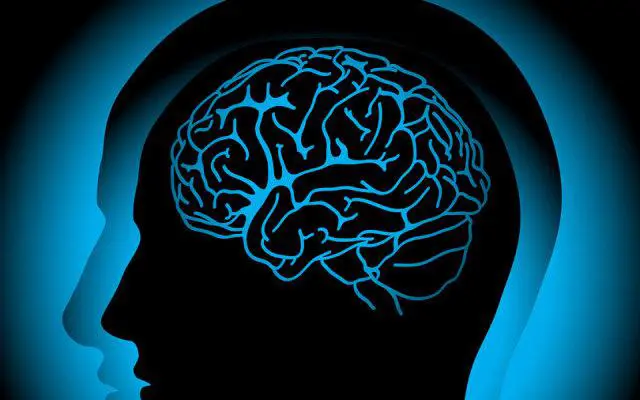Sixty-eight years ago, then Japanese Emperor Hirohito announced in a radio address the country's surrender to the allies. However, the ghost of militarism still haunts Asia and threatens to challenge the post-war world order, according to experts.
The international community should be on high alert against rising Japanese right-wing conservatism, warned Chinese academics, ahead of the anniversary of Japan's surrender on Aug. 15.
"On such an occasion, not only China and other Asian nations victimized by the Japanese aggression, but all countries that fought against fascism, should reflect upon history, and press Japan to repent," said Lyu Yaodong, a scholar with the Japanese Studies Institute of the Chinese Academy of Social Sciences.
"This is crucial to the peace of both Asia and the world," Lyu added.
Moves by Japanese Prime Minister Shinzo Abe and his administration have led to caution.
Abe and his cabinet members, since taking office in December, have repeatedly made noises about amending Japan's 66-year-old pacifist Constitution, which was masterminded by the United States after World War II.
Vice Prime Minister Taro Aso even went further to say that Japan should learn from the Nazis' experience about constitutional revision.
Also, the administration, on the 68th anniversary of the atomic bombing of Hiroshima on Aug. 6, unveiled a new helicopter carrier named "Izumo" -- the same name carried by a ship serving during its war of aggression against China.
"These actions have shown that the Abe administration has failed to perceive correctly not only Japan's past invasions, but also the entire history of World War II," said Qu Xing, director of the China Institute of International Studies.
The Abe administration's attempt to restore Japan to a "normal country," by boosting its political and military might, makes clear Japan's reluctance to settle for the status of a defeated nation, Lyu Yaodong argued.
Japan's right-wing forces failed to face up to the country's war responsibilities, nor did they truly accept the penalties imposed upon them following the end of World War II, Lyu said.
However, Lyu said the fall of Japanese militarism and the institution of the pacifist Constitution were achievements of the anti-fascist war, as well as Japan's commitment to peace.
"Japan's prime minister Abe, representative of right-wing conservatism, has never experienced wars, ignorant of war's cruelty, nor does he bear guilt for war crimes," said Jin Canrong, deputy head of International Studies College of the Renmin University of China.
"They come from eminent family backgrounds, confident and nationalistic, aspiring to restore Japan's political and military power," Jin said.
Correspondingly, Japanese society, sagged by two decades of stagnant economic growth and frequent political reshuffles and unsettled by China's rapid expansion, very likely supports an assertive leader, Jin said.
The right wing's recent moves also obstructed the work of Japan's anti-war activists.
"It is the worst time for the peace movement in Japan," said Nishino Rumiko, founder of the Women's Active Museum on War and Peace, in an interview with China Youth Daily, published Wednesday.
 简体中文
简体中文

